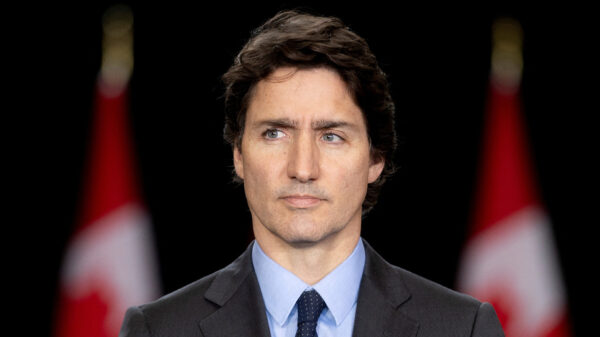NAIROBI, Kenya, Jul 9 – The East African Community (EAC) last week started the journey towards having a common market, a move which calls for the implementation of mechanisms that promote and enforce fair competition.
The region has a Competition Act which seeks to ensure that the every business in the region whether big or small gets equal and fair treatment. The general feeling, however, is that good laws need to be supported by efficient institutions which can effectively enforce the law.
Deputy Secretary General for Planning and Infrastructure Alloys Mutabingwa says there is need to review the mandate of the East African Court of Justice to ensure that it can arbitrate trade matters.
“It is a high time that our partner states considered the need for having an extended mandate of the East African Court of Justice because it is then that we will have a market that is having inherent regional judicial mechanisms that support and promote market fairness, freedom and rights,” he said.
The Act was assented to by the Heads of States of Kenya, Rwanda and Uganda in 2006 but it has since been amended to become the EAC Competition Regulations 2009 so as to incorporate late entrants – Rwanda and Burundi into EAC.
The law stipulates that the EAC sister states will strive to regulate the markets by curbing monopolistic tendencies and punishing such practices by for example imposing a fine of $100,000 on guilty traders.
It also provides for the establishment of a regional Competition Authority which will among other things control abuse of dominance, mergers and acquisitions and enforce laws made by the regional bodies. The EAC Secretariat has been carrying out sensitisation campaigns as it undertakes the implementation process.
Mr Mutabingwa said it is important that the region looks at how best to position itself to deal with malpractices, abuse of freedom and market tendencies, such as the existence of cartels that are counterproductive to growth and development of East Africa.
“We are putting a lot of emphasis on a justice mechanism that is supposed to be running hand-in-glove with this freedom and rights that are provided for under the (EAC) Treaty and the common market protocol,” he stressed.
Despite the commencement of the common market protocol, the business community still experiences hurdles in its trade or export of goods to the partner states. For instance, Kenyan businesses complain that their goods are subjected to further testing by the Tanzanian standards body despite undergoing the same checks locally.
Mr Mutabingwa however said these are ‘isolated’ cases that should be dealt with as such but added that the Secretariat is working towards building capacity to address with such issues.
“No isolated case is supposed to make you feel that the market is no longer free, it is no longer common. What is important is to deal with these cases in a manner that disallows anything appearing to be a camouflaged non-tariff barrier or anything appearing to be discrimination,” he pointed out.
When and if this is done, it would create room for increased Foreign Direct Investments (FDI) into East Africa and enable it to attain its goals of integration and improving the quality of life of its citizens.
There has been an increase of FDI into the EAC from $693 million in 2002 to $1.7 billion in 2008 and the region hopes to use its continued integration process to enable it attract more inflows.

































